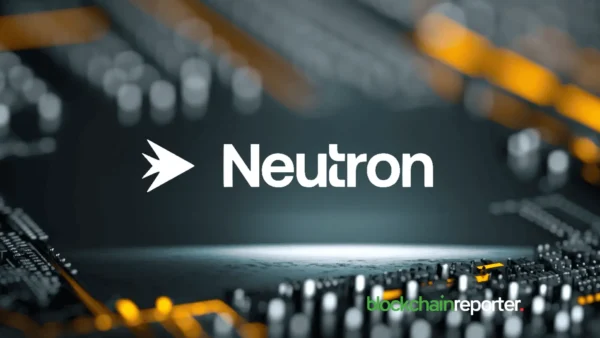
Introduction
Singapore has taken significant steps to enhance investor protection and strengthen the regulatory framework for the cryptocurrency industry. The Monetary Authority of Singapore (MAS) recently announced new measures that will require cryptocurrency exchanges to hold customer assets in a trust by the end of the year. Additionally, the MAS plans to ban lending and staking activities for retail investors, in response to the consultation initiated last year. These regulatory moves aim to safeguard funds and minimize potential risks, following incidents like the FTX collapse.
Tightening the Regulatory Regime
The requirement for cryptocurrency exchanges to hold customer assets in a trust is a crucial step towards improving investor protection. By segregating client funds from exchange assets, this measure ensures that customer assets are shielded in the event of an exchange’s insolvency or mismanagement, and can be readily returned. It provides a higher level of confidence for investors, knowing that their assets are protected and held separately from the exchange’s operational funds.
Curbing Speculative Risks
In an effort to protect retail investors from the speculative nature of cryptocurrency trading, the MAS intends to ban lending and staking activities for this investor category. By restricting these activities, the MAS aims to prevent individuals with limited understanding of the risks from engaging in speculative investment strategies. This measure seeks to minimize potential losses incurred by retail investors who may not fully comprehend the complexities of the cryptocurrency market. The ban serves as a protective measure to ensure a more responsible approach to cryptocurrency investments.
Addressing the FTX Collapse
Singapore’s decision to strengthen regulations in the cryptocurrency industry was prompted by the FTX collapse in November. The financial difficulties faced by FTX led to significant losses for its customers and exposed vulnerabilities in the existing regulatory framework. The incident underscored the urgent need for more robust safeguards and better investor protection measures in the cryptocurrency space. The regulatory changes implemented by the MAS are a direct response to prevent such incidents from occurring in the future and to instill greater confidence in the industry.
Striking a Balance with Innovation
While Singapore is taking proactive steps to tighten regulations, it is important to note that the MAS recognizes that regulations alone cannot eliminate all risks associated with digital payment token trading. In its statement, the MAS emphasized the need for consumers to exercise utmost caution when engaging in cryptocurrency trading. The balance between innovation and investor protection is crucial, and investors must conduct thorough research, understand the risks involved, and make informed decisions.
Final Words
Singapore’s commitment to strengthening the regulatory landscape for digital assets showcases its determination to foster a secure and stable environment for cryptocurrency trading. The requirement for exchanges to hold customer assets in a trust and the proposed ban on lending and staking activities for retail investors demonstrate the MAS’s dedication to protecting investors’ interests and mitigating potential risks. As the cryptocurrency industry continues to evolve, regulatory bodies worldwide will need to adapt and refine their approaches to ensure the long-term stability and security of the industry. Singapore’s proactive stance serves as a notable example for other jurisdictions, emphasizing the importance of maintaining a balance between innovation and investor protection in the digital asset space.









